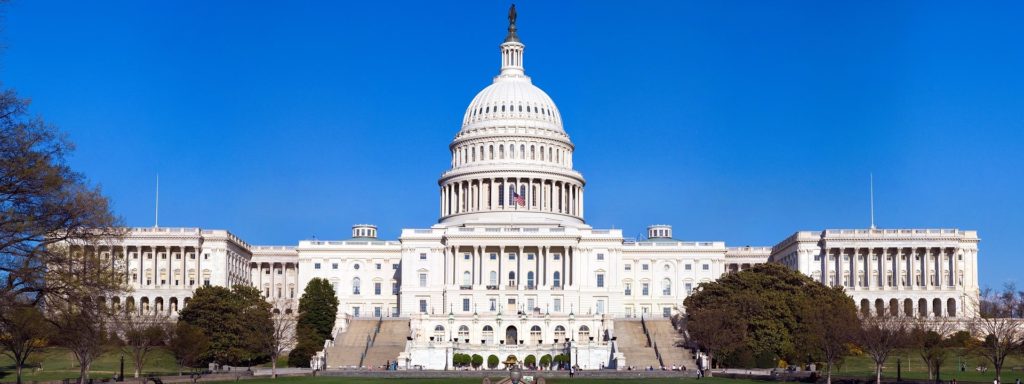What Needs to be Done to Prevent a Social Security Funding Shortfall

Social Security, the lifeblood for millions of America’s retirees, is facing a severe funding shortfall. According to CNBC, the program’s trust funds are expected to run out by 2034. At that time, Social Security will only be able to pay about 80 percent of promised benefits.
While that is still 10 years away, Congress needs to take action now, especially because shoring up Social Security solvency will likely involve tax increases and/or benefit cuts — two prospects that are extremely unpopular with constituents.
Social Security Solvency Solution
The Seniors Trust believes the solution already exists. We stand behind the Social Security Expansion Act introduced by U.S. Sen. Bernie Sanders (I-Vt.). Not only does it ensure the long-term solvency of Social Security, but it will also provide seniors with bigger benefits.
Under this bill, seniors would receive an extra $2,400 in benefits each year. In addition, it would recalculate the way the Social Security cost-of-living-adjustment (COLA) is calculated, using the Consumer Price Index for the Elderly (CPI-E) instead of the Consumer Price Index for Urban Wage Earners and Clerical Workers (CPI-W). The CPI-E more accurately reflects the actual spending of seniors, which tends to be on expenses such as healthcare and housing.
To fund the proposed benefits boost and maintain solvency far into the future, the Social Security Expansion Act calls for applying the Social Security payroll tax on all income above $250,000. Currently, earnings above $160,200 aren’t subject to the Social Security tax.
Join Our Efforts
The Seniors Trust believes the Social Security Expansion Act seeks to reform Social Security the right way: by expanding and strengthening benefits proven to reduce senior poverty and improve retirement security as well as extending the solvency of this crucial program.
Please, sign our petition to Congress and join us as we strive to improve the lives of senior citizens.



